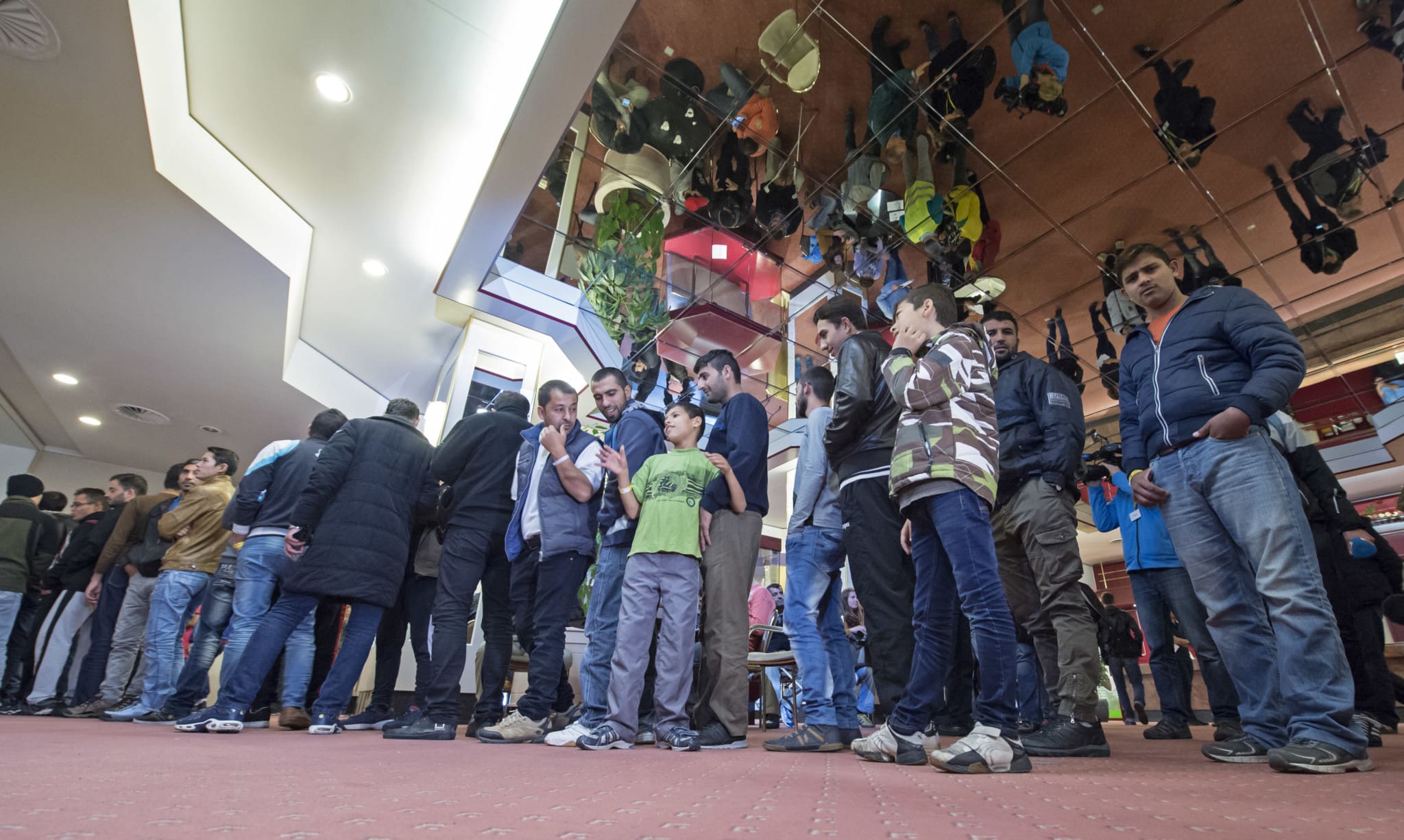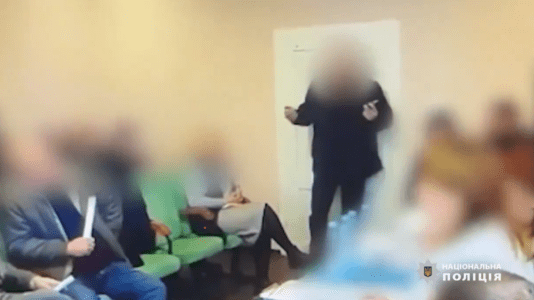Germany’s surging immigration population is greatly tied to family reunifications, which will reach a new high this year after nearly a million have entered the country through this procedure.
Even at a time when the vast majority of Germans have turned against mass immigration, the left-liberal government is racing to bring in more non-EU foreigners. By the end of November, the Federal Foreign Ministry under Green Party politician Annalena Baerbock had issued more than 120,000 visas to facilitate family reunification. Last year, the number of such visas totaled 117,000.
However, these family reunifications amount to a form of “shadow” immigration, since they do not appear in the official asylum statistics. According to the Foreign Ministry, nearly 1 million foreigners, amounting to 950,000, have been issued a residence permit since 2015 via family reunification.
[pp id=101028]
At the end of September, far-left Interior Minister Nancy Faeser said that Germany needs a dramatic expansion of family reunifications, as there are currently caps on how many people can enter Germany through such reunifications. Faeser said that those entitled to “subsidiary protection,” who do not enjoy protection under the Geneva Convention, should be able to bring their families to Germany without restriction, a right only given to recognized asylum seekers.
In fact, her Social Democrats (SPD) are doubling down on immigration, with the federal party conference putting forward a number of radical proposals to boost immigration.
[pp id=62283]
The SPD executive paper introduced at the conference is entitled “Germany is a country of immigration – we shape immigration.” The chairmen Saskia Esken and Lars Klingbeil want significant relief for immigrants. In the paper, the party leadership calls for more family reunification, as this is “an important prerequisite for successful integration into our society.”
The SPD party executive claims that diversity is Germany’s strength and that the country requires a “host society without resentment and racism and equal opportunities for all people.”
However, the data shows the massive burden of migrants on the German population. As Remix News reported, overall, 62.6 percent of all welfare recipients are migrants, and within the 15-25 age group, this number goes up to 71.3 percent.
The Alternative for Germany, which has called for mass deportations to help save Germany’s budget, is pointing to the data to show the failure of the current left-liberal government’s approach to migration.
“The migration policy of the last few decades has failed catastrophically,” said AfD MP René Springer, who also serves as policy spokesperson. “Rigorous measures are now needed to stop further immigration into our social systems.”
Previous data shows that Germany is expected to spend an enormous €36 billion on migrants in 2023 alone at a time when inflation and unemployment are growing.






